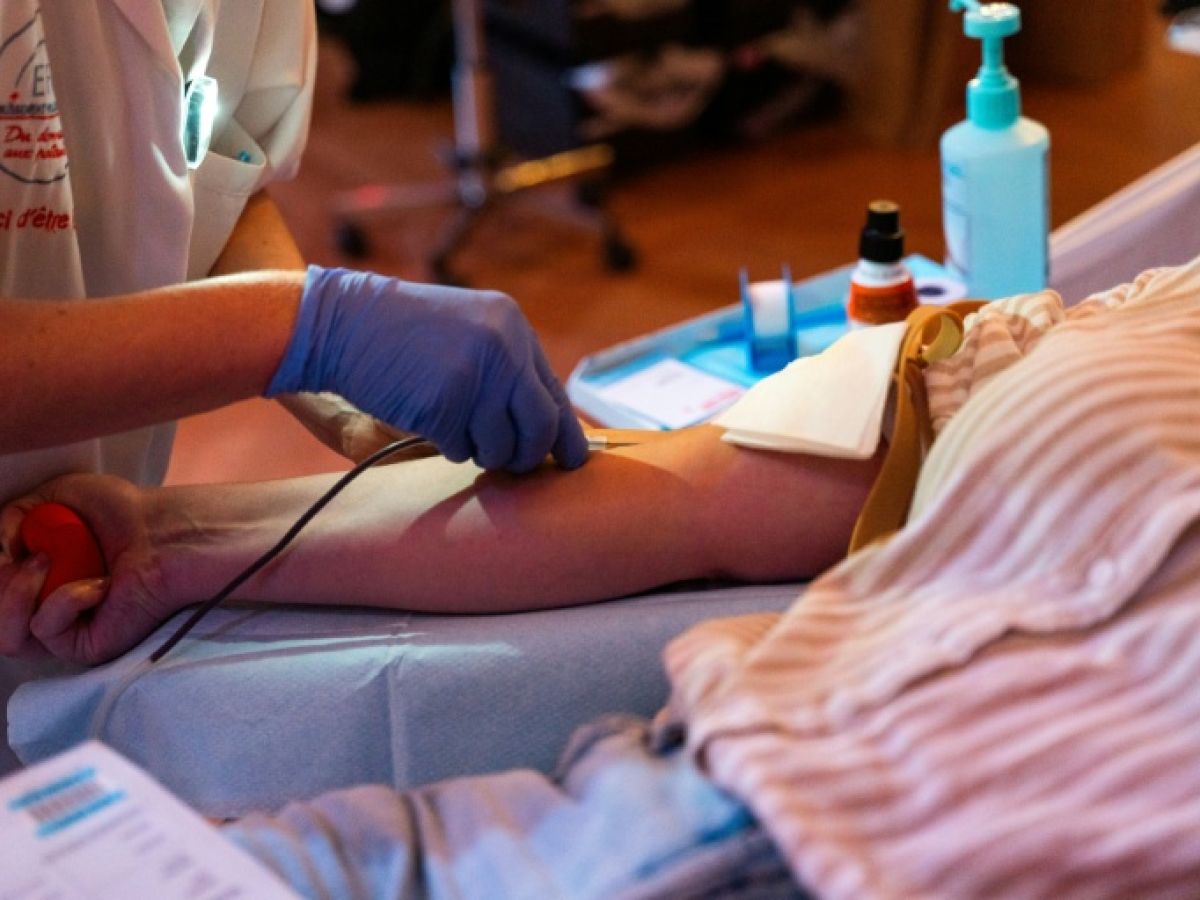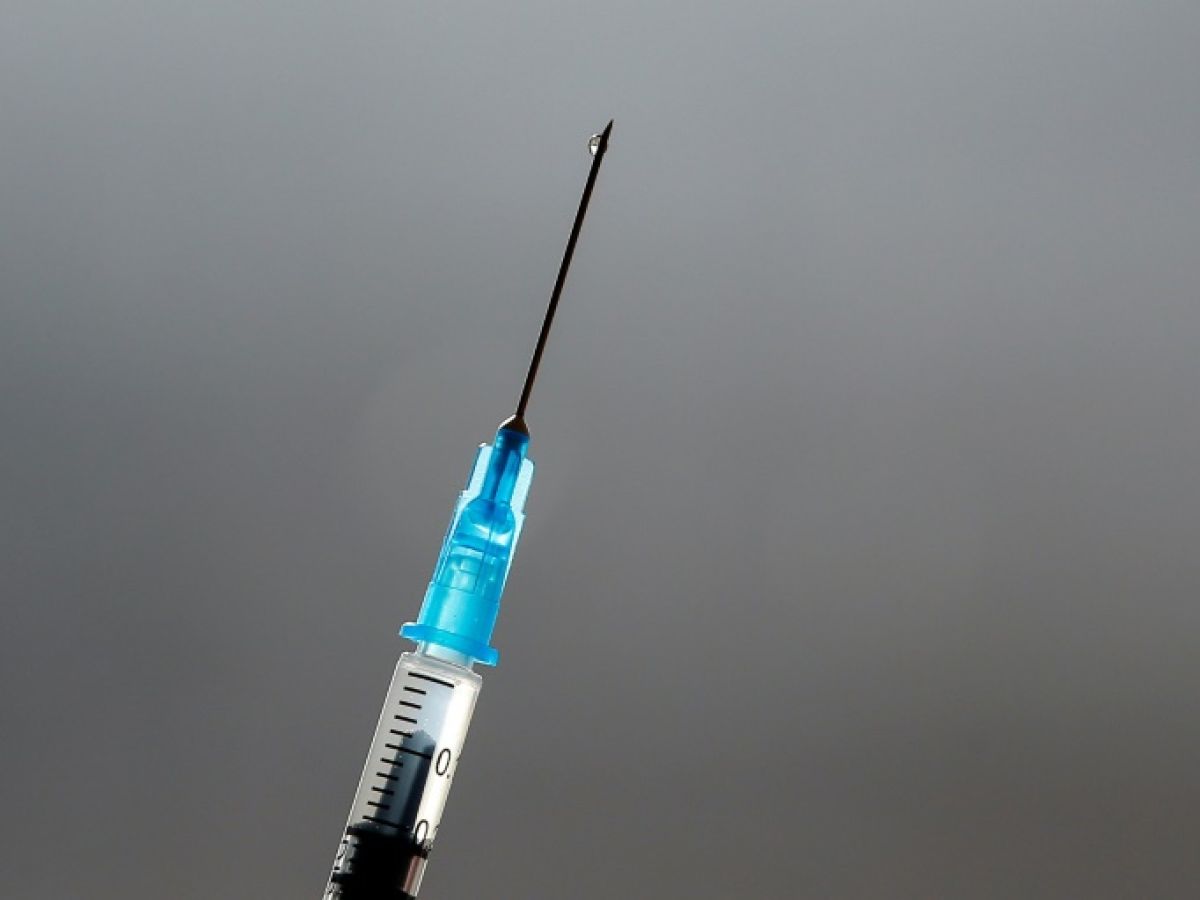Starting September 1, it will be possible to donate blood two months after getting a tattoo or piercing, instead of four months previously, thanks to improved screening techniques for viruses such as hepatitis C, the French Blood Establishment said on Wednesday.
You will therefore have to wait half as long after a tattoo, piercing (including ear piercing), acupuncture, varicose vein sclerosis or mesotherapy session to donate blood, plasma or platelets, a change detailed in a decree published in the Official Journal on April 10.
Furthermore, "the evolution of donor selection criteria is (...) an opportunity for the EFS to remind people that being tattooed does not prevent them from giving blood permanently," the EFS emphasizes in a press release.
This regulatory deadline was introduced because a tattoo or piercing can expose you to the risk of contamination by viruses such as hepatitis C.
Thanks to improved screening techniques, which are systematic for every blood donor, this delay has been reduced, specifies the EFS: after contamination, infections are now detected earlier than before.
Created after the contaminated blood crisis, the Blood Establishment also cites "improved hygiene conditions" in tattoo and piercing parlors which help prevent the risk of contamination.
The EFS reminds us that it is possible to donate blood every eight weeks, up to four times a year for women and six for men.
Fewer than 4% of French people of donating age, between 18 and 70 years old, give blood at least once a year.
"We can do better," declared EFS President Frédéric Pacoud at a press conference ahead of World Blood Donor Day on June 14.
For plasma donations, it is possible to donate every two weeks, up to 24 times a year. For platelet donations, it is every four weeks, up to twelve times a year.
"Every year, blood, plasma and platelet donations help treat one million patients suffering from cancer, chronic illnesses or even hemorrhages," recalls the EFS.


